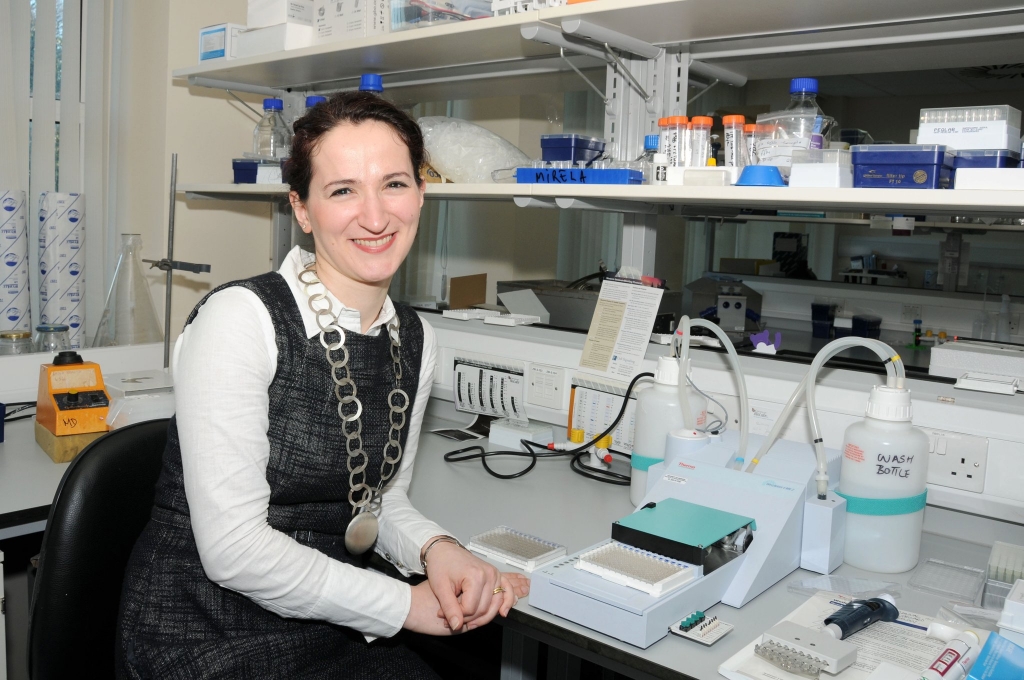A drug previously used to block artery fat in mice is ‘feasible’ to have the same effect in humans, according to scientists at the University of Aberdeen.
A study in 2017 found the drug Trodusquemine capable of reversing the effects of a fat build-up inside the arteries of mice, and now researchers have published new findings that indicate the same positive results in blood cells from humans.
A follow up test funded by the University of Aberdeen’s Development Trust found the same success on white blood cells taken from 30 healthy volunteers and another 30 volunteers with coronary artery disease and atherosclerosis.
In both mice and humans, researchers found that the enzyme called PTP1B, which contributes to the development of aortic plaque when fat builds, was blocked by the drug.
Scientists discovered that genetic deletion of the enzyme lowers cholesterol levels and improved communication between cells which conditions such as heart disease can effect.
Professor Mirela Delibegovic, who led the study, said: “Our findings complement the data presented in a previous publication by our lab where a single dose or chronic dosing of Trodusquemine led to a decrease in aortic plaque in preclinical models.
“This could represent a novel therapeutic mechanism to protect against atherosclerosis – the condition that causes most heart attacks and strokes.
“Our initial study was cause for optimism but posed the question ‘is it feasible in humans and do the same changes occur’? Our findings here show the answer is an encouraging ‘yes’.
“We have been able to demonstrate that the drug works through the same mechanisms and reduces “bad” cholesterol so that the build-up of fatty streaks could potentially be overcome.
“This is an important step forward and proof of principle data we required to propose moving towards clinical trials.”
Professor James Leiper, associate medical director at the British Heart Foundation said: “Atherosclerosis is a major cause of morbidity and mortality in the UK and the cause of most heart attacks and strokes.
“The current research builds upon BHF funded research that demonstrated a role for PTP1B in the development of atherosclerosis in mice and demonstrates a similar role in white blood cells isolated from patients.
“This research has identified a potential new therapeutic target for the treatment of atherosclerosis. These are potentially exciting results, but further research will be required to demonstrate the efficacy of PTP1B inhibition in humans.”
Follow STV News on WhatsApp
Scan the QR code on your mobile device for all the latest news from around the country


 University of Aberdeen
University of Aberdeen




















